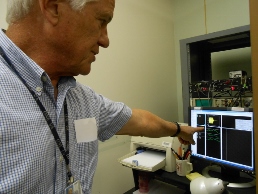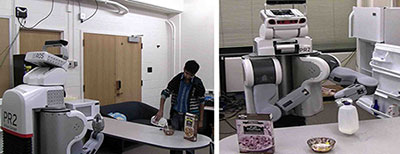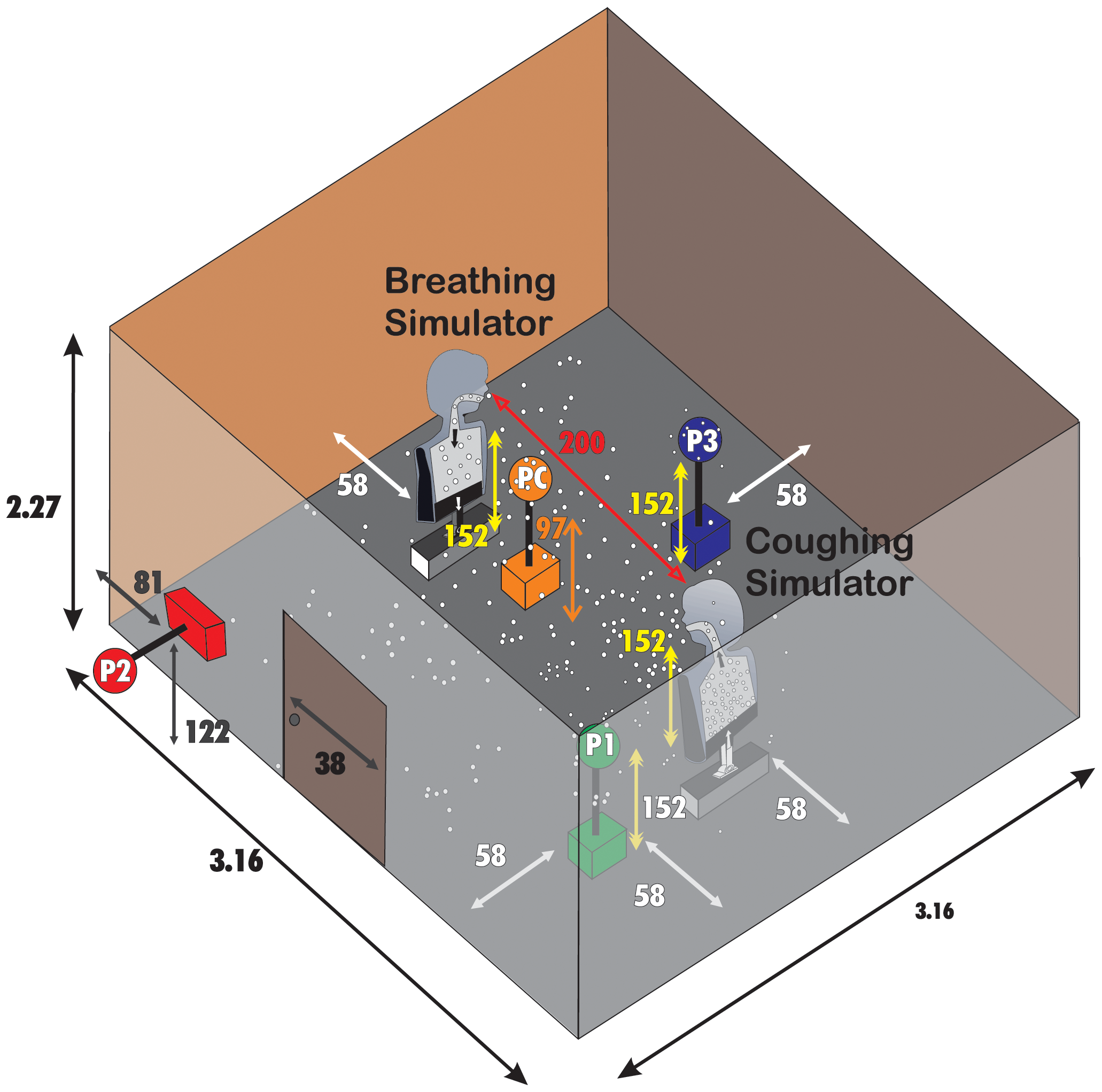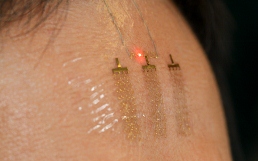Indoor Tanning
Despite the serious risk of melanoma, indoor tanning remains alarmingly popular, especially among young women.


Despite the serious risk of melanoma, indoor tanning remains alarmingly popular, especially among young women.

EYES, EARS & THE BRAIN - How short-term hearing loss protects the ears. The brain's number hotspot. And: could lasers wipe out cocaine addiction? Also: A nanosponge that soaks up toxins in the body.


Playing soundwaves synchronized with a person's own deep sleep rhythms may improve short-term memory.

ATHLETES & ROBOTS - Elite athletes are far from dumb jocks. A common ingredient in energy drinks could promote heart disease. Also: Robots that learn by watching us, and robots that can walk on sand.

New research suggests that young children understand the concept of fairness, but desire gets in the way of sharing.
A new study suggests that mindfulness training can help people stay focused on tasks.


Fragile X Syndrome, a leading genetic cause of intellectual impairments, may actually result from too much brain activity.


Just one week of sleep deprivation alters the expression of at least 711 different genes.
Cells that eat up defective brain cells may also target healthy cells during development.
Scientists discover shared genetic markers for five common psychiatric disorders.

INSECTS & ALCOHOL - Insects that arm their offspring with alcohol. Drinking may have a 10 million year history. And the importance of wild insects to the worldwide food supply. Also: prosthetic ears from a 3-D printer and seals that sleep with one eye open.
Some video games can improve surgeons’ skills and help children with learning disorders.

Did our ability to digest alcohol first emerge at the dawn of civilization or millions of years earlier?

SWEET SCIENCE - What tomatoes can tell us about cutting back on sugar and a diabetes cure for dogs. Also, behind the mechanics of beatboxing, the evolution of whales, and writing your way to a better relationship.

Ancient people had beneficial bacteria to fight dental plaque that is absent in modern populations.

MRI scans of beatboxers show that they've unwittingly borrowed sounds from exotic languages.

Other people help human mothers through the emotional and physical aspects of the birth process, which help decrease the risks of childbirth. But apes have easy births, and prefer to go it alone.


2013 AAAS ANNUAL MEETING, BOSTON, MA - Researchers are discussing how to treat psychological problems in chimpanzees, and why childbirth is such an ordeal in humans but not in apes. Also: scientific detectives have solved an art mystery. And researchers have unveiled ultrathin, wireless sensors that can monitor your brain activity.

Other people help human mothers through the emotional and physical aspects of the birth process, which help decrease the risks of childbirth. But apes have easy births, and prefer to go it alone.
